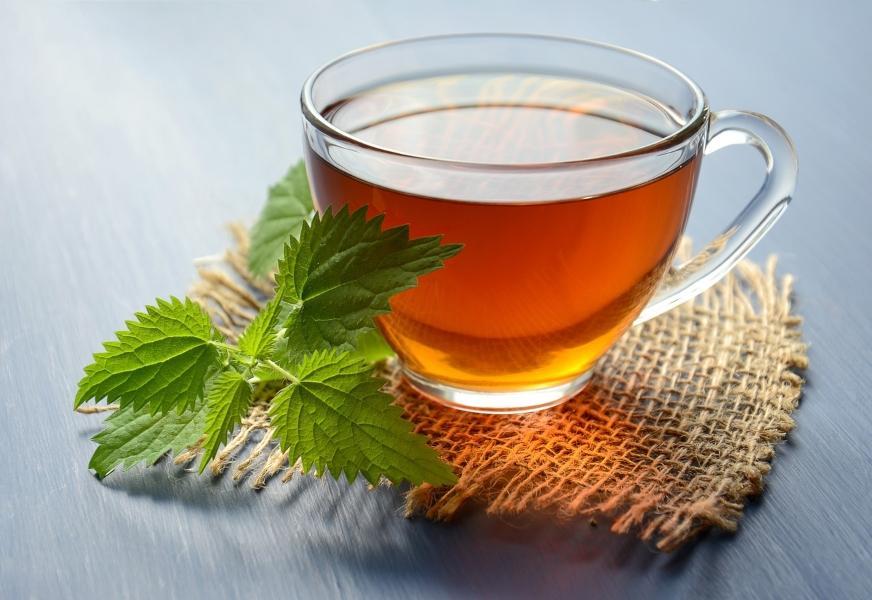An enlarged prostate, also known as benign prostatic hyperplasia (BPH), can produce a variety of bothersome symptoms, most often urinary difficulties such as a weak urine stream and waking up at night to pee.
BPH is not a significant health risk and is not associated with cancer, but it may have an impact on your quality of life. If your symptoms develop, you should consult your doctor about treatment options, such as drugs or minimally invasive treatments like prostate artery embolization (PAE) to shrink the prostate.
Some patients, however, may prefer to use natural BPH therapies. If you are considering this strategy, you should check with your doctor first.
They will talk to you about adopting lifestyle changes that can help with urinary symptoms, regardless of whether you select treatment. You can make the following changes:
Reduce the quantity of liquids you consume in the evening. Urinate as soon as you feel the desire. When you use the restroom, take your time emptying your bladder entirely. This should lessen the need for several future restroom excursions.
Avoid consuming excessive amounts of fluids before heading out in public or on a vacation.
Consume more fruit and fiber. This will help prevent constipation, which puts strain on the bladder and exacerbates symptoms. Try yoga and meditation. These activities can help decrease tension, which may lower the desire to urinate.
Some over-the-counter and prescription drugs might cause problems with urinating. For example, diuretics used to treat high blood pressure might cause increased urine frequency. As a result, discuss all of your medications with your doctor to determine whether doses may be altered or modifications made when you take them. Your doctor may also be able to give other medications that produce less urinary problems.
Eat healthful foods rich in omega-3 fatty acids, such as fruits, vegetables, nuts, whole grains, seeds, beans, and fish, to keep your prostate gland healthy. Kegel exercises help to strengthen your pelvic floor muscles. Avoid or restrict your intake of foods and beverages that might exacerbate symptoms. These include starches, processed meals, red meat, alcohol, and fizzy beverages.





Comments